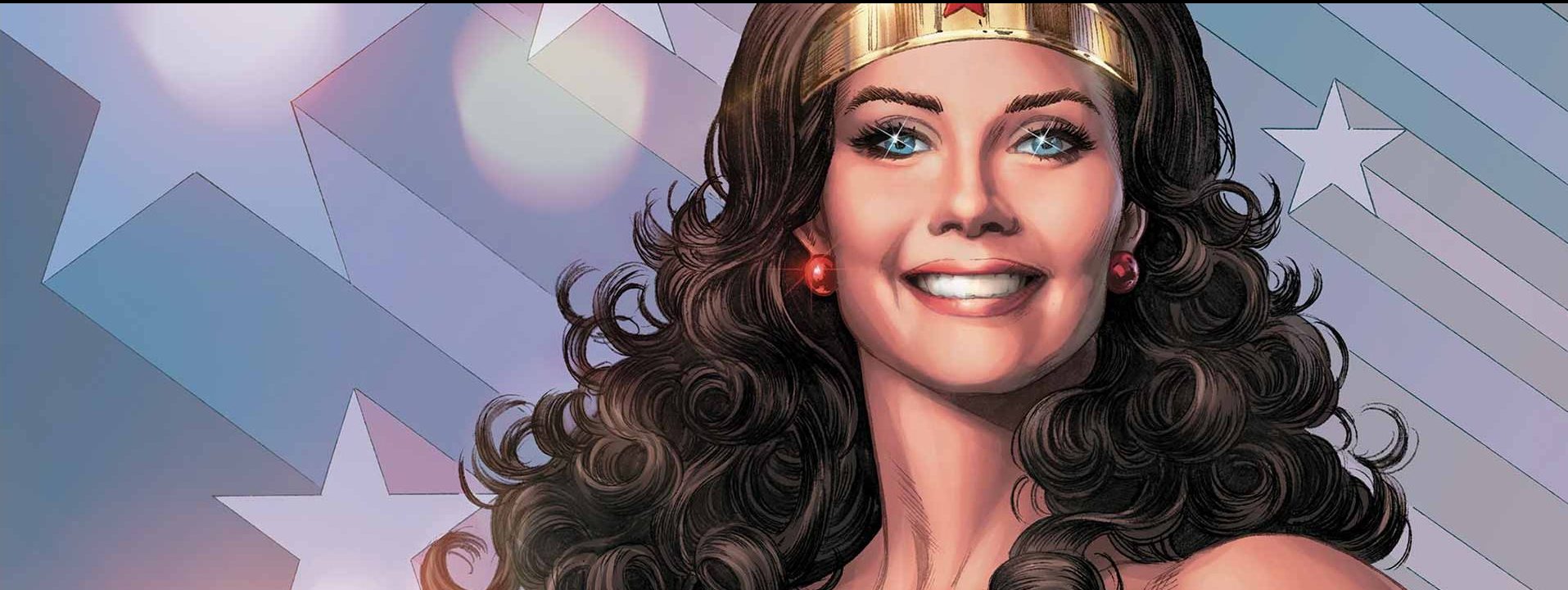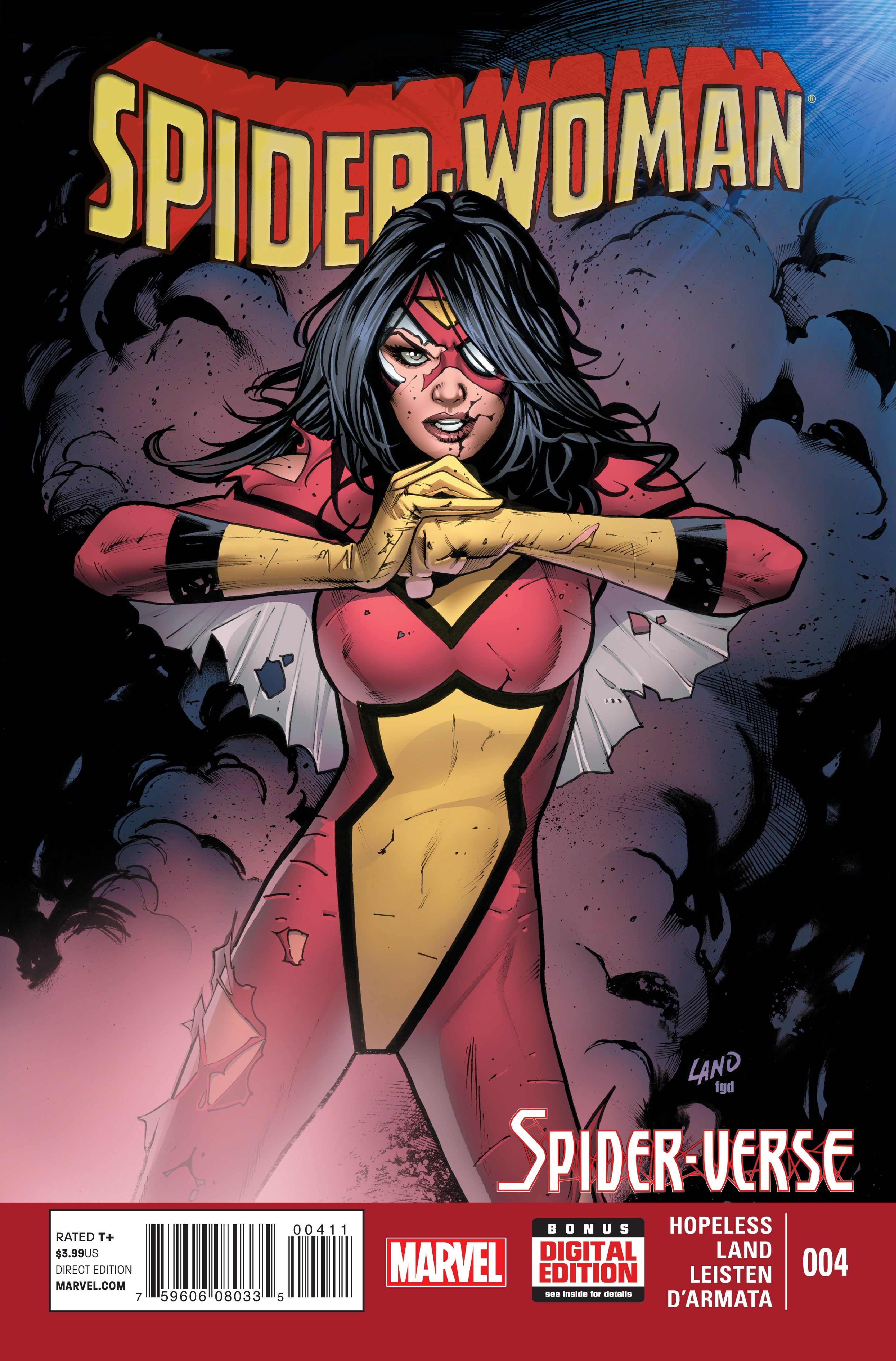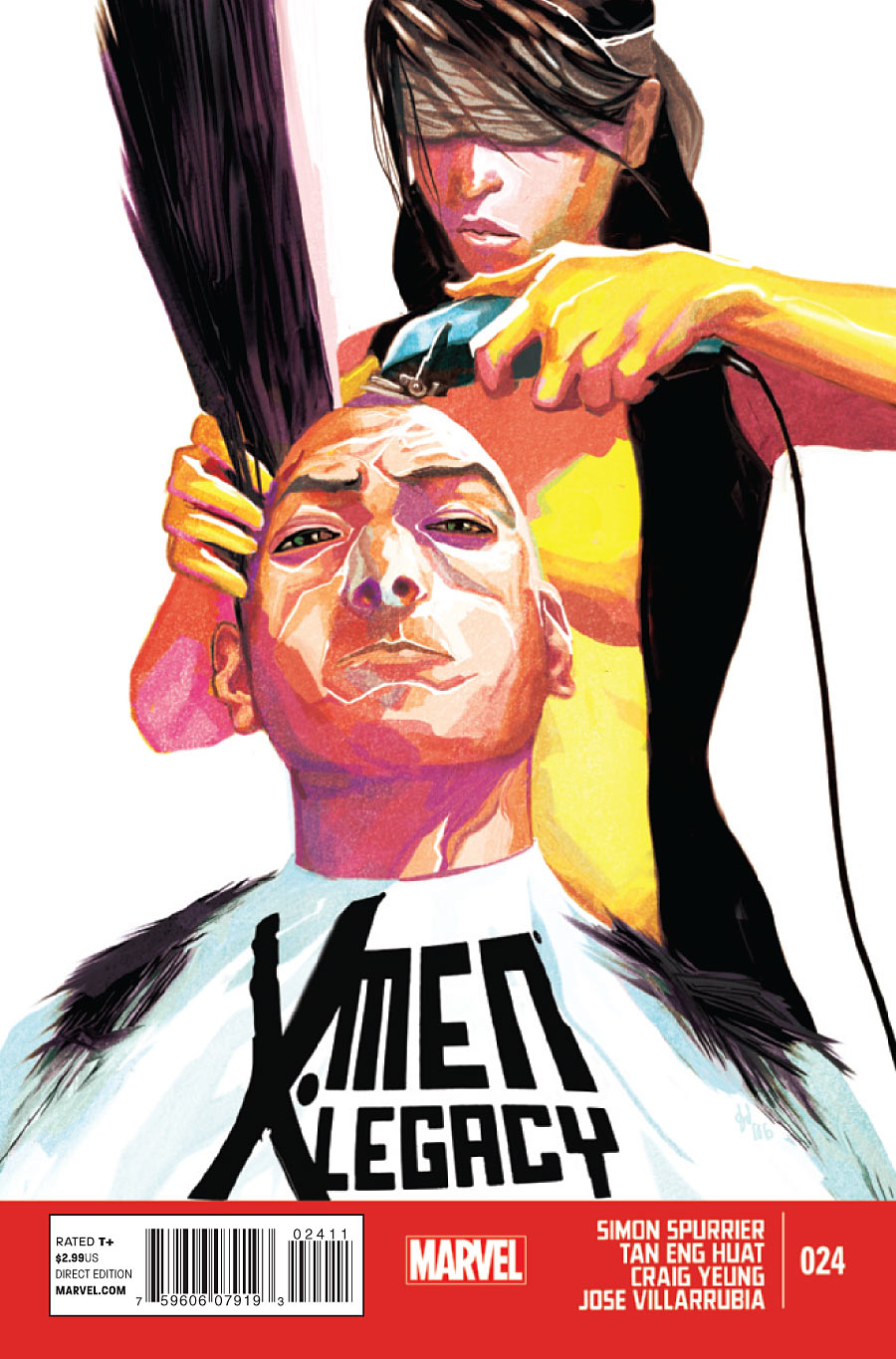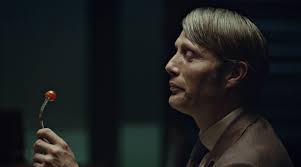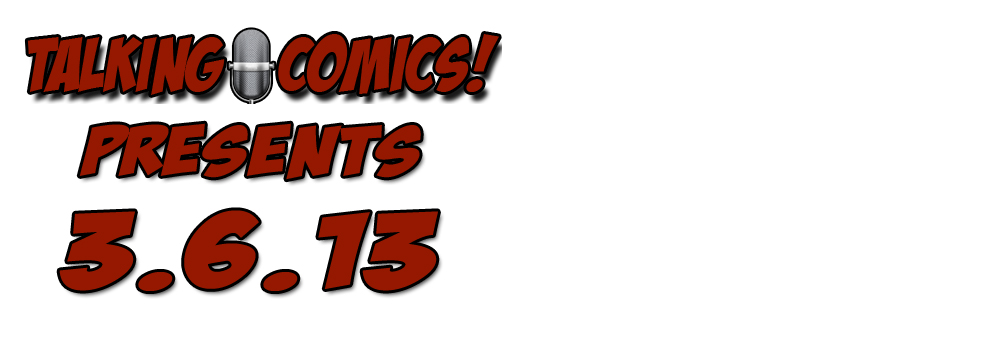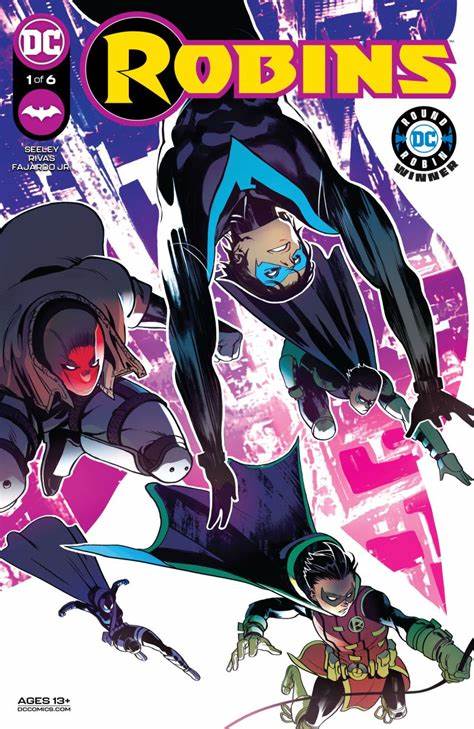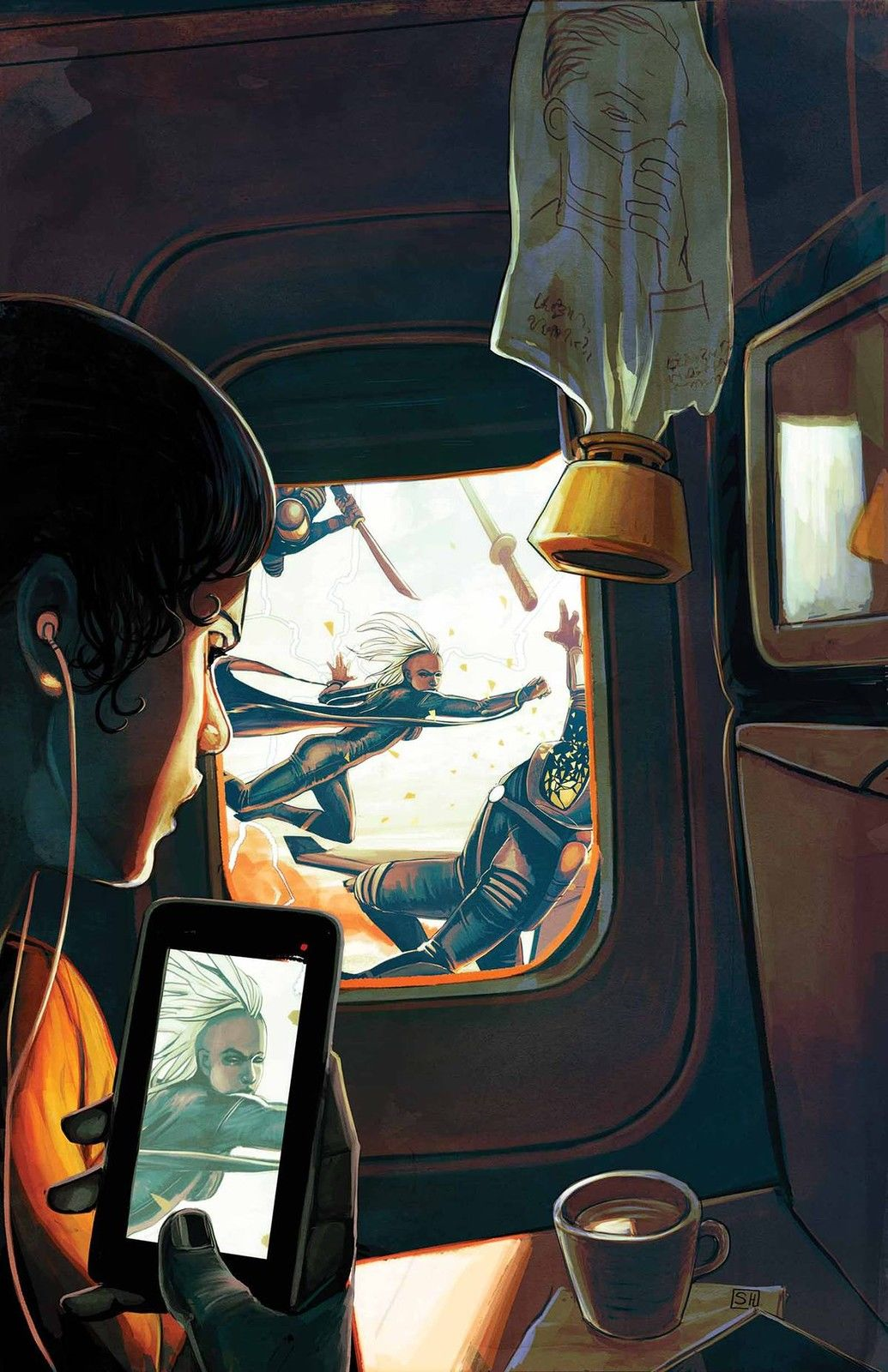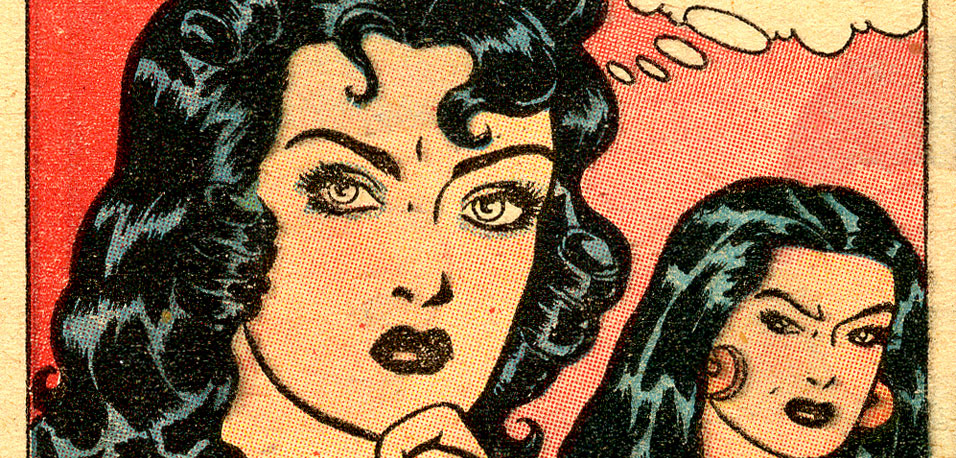We still need Wonder Woman. The 75th anniversary of her first appearance coincides with intense, public, necessary conversations about gender and power. She may be a decades-old fictional character, but she can tell us quite a bit about our world today.
Wonder Woman is an immigrant and a woman and a superhero. As a stranger in a strange land, she sees us with clear eyes. She is mystified by the inequalities in our world, a world where many boys are admonished early and often not to cry or fight or laugh or talk “like a girl.” This simple message reverberates through every institution in our society: girls and women are lesser, are weak, are not worthy of respect, are other. Since 1941, Wonder Woman has been questioning and disrupting this false and harmful worldview, one that too many people today still take for granted.
We still need Wonder Woman because she breaks longstanding norms about who is supposed to have power and who is not. She shows us that we can be strong and compassionate, leaders and part of a community, authoritative and just. She shows us that these are not male traits, they are human traits. Any of us can be a hero like Wonder Woman.
She is an inspirational figure, especially to those of us who are underrepresented or marginalized. What is inspiring to some feels threatening to others, though. Wonder Woman makes some people uncomfortable because she challenges their beliefs.
She doesn’t fit in with the stories we have been telling, for far too long, about gender and power. Stories are powerful, and stories that get repeated over and over become embedded in our culture.
We still need Wonder Woman because too many of our stories show women and girls only a fraction as often as men and boys. They are usually side characters, supportive of males and in need of rescue, interested in their own looks and in romance, and emotional and fearful. Rarely are they portrayed as leaders, mentors, professionals, and heroes.
These kinds of stories can reinforce or foster a worldview in which women and girls are undervalued—a world in which it seems natural and normal that women and girls are presumed less credible and less competent, are subject to various forms of discrimination, and are rarely in positions of power. But of course, this is neither natural nor normal. In fiction as in other areas of life, these stereotypes and inequalities are unacceptable. They can and must be changed.
It’s not so easy to make change, even in fiction. Female superheroes, for instance, have been flashpoints for struggles over the “proper” place of women. Since her creation, Wonder Woman has been the object of a tug of war between her (mostly male) producers and her fans. Because of this, she’s been portrayed differently at different times. She usually extends a hand in love and compassion as she calls all women “sister” and works with them to right wrongs. But she’s also been teary-eyed, lovesick, and depowered, the only female in a sea of male characters, declaring “I don’t even like women!” She usually uses violence as a last resort, pacifying villains with the truth and her golden lasso. But she’s also used violence as a first resort, stabbing enemies with a sword. She has looked sexy and powerful, facing front with her bracelets crossed to protect herself and others from harm. But she’s also been in awkward sexualized poses, in versions of her outfit that have so little material that they defy physics. As in real life, there is forward movement, and there is backlash to it.
Not only do we still need Wonder Woman, but we also need many more wonder women. A tall, thin, curvy, white, long-haired, blue-eyed woman wearing a star-spangled strapless bathing suit is not an image that most people identify with easily. But we still rarely see stories that are created by and center on people of color, people with disabilities, people who don’t conform to an Anglo-European standard of beauty, people who are transgender or queer. More diverse stories benefit everyone, because they open up our imaginations to the infinite possibilities of what humanity and heroism look like. Representation matters.
Some superhero fans and creators have made headway pushing to diversify authorship, as well as fictional characters, settings, and plots. But others resist such appeals, many seeing no need for change and stressing the importance of tradition, and some leveling violent threats. This is not so different from other, similar struggles over gender and power—in our homes, in our schools and workplaces, in the presidential race.
Just like in stories, people in their everyday lives can sustain stereotypes, or they can subvert them. People can exclude and marginalize others, or they can include and center them. It’s clear which of these actions Wonder Woman would take. She approaches life with an open heart and an open hand, with integrity and equity, working with others to challenge privileges and inequalities. We can too.
(Originally published on October 21, 2016)

